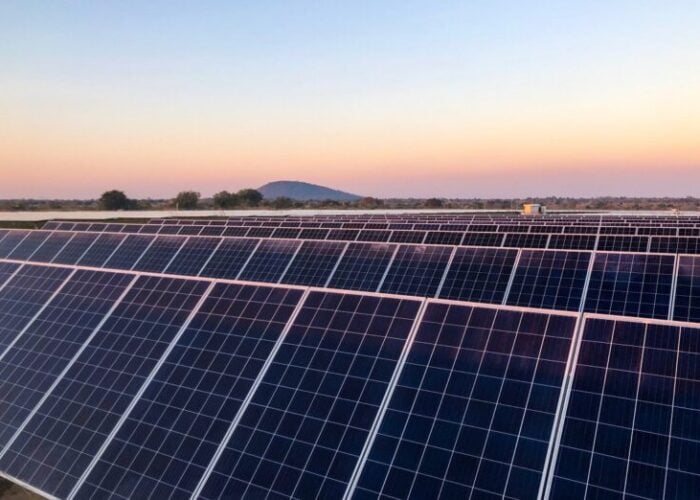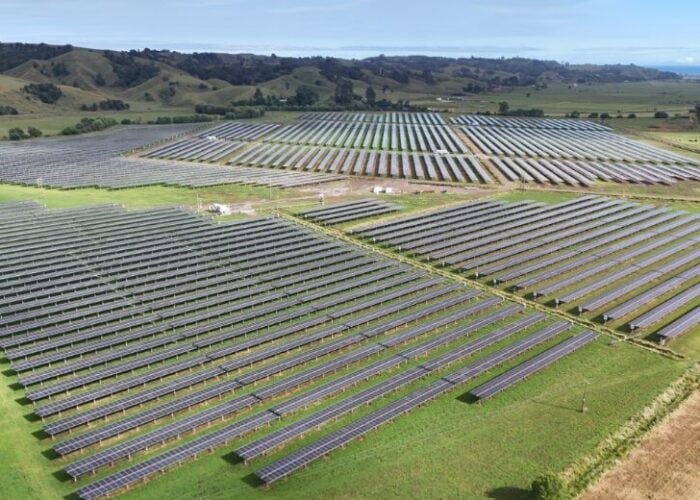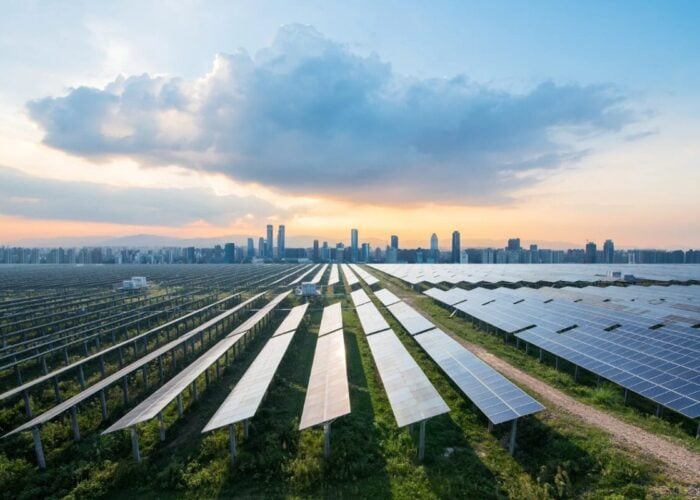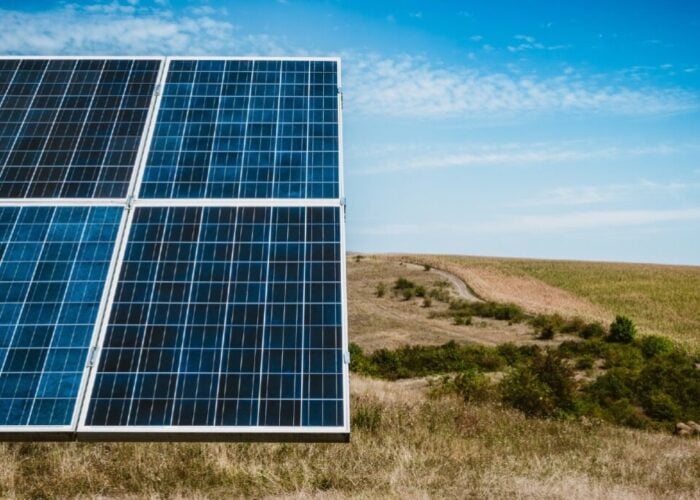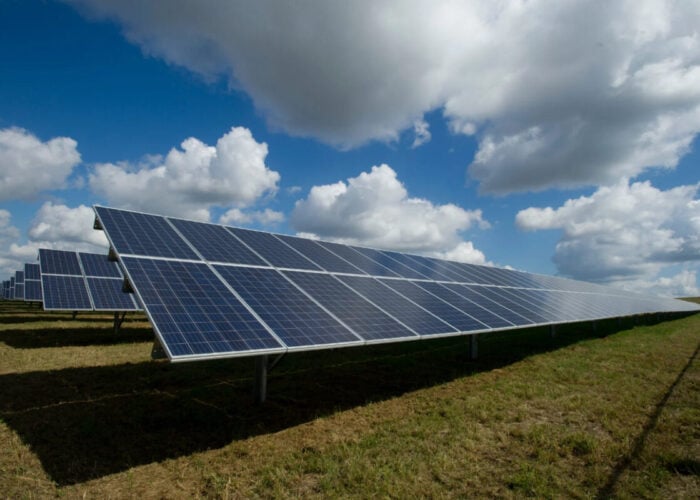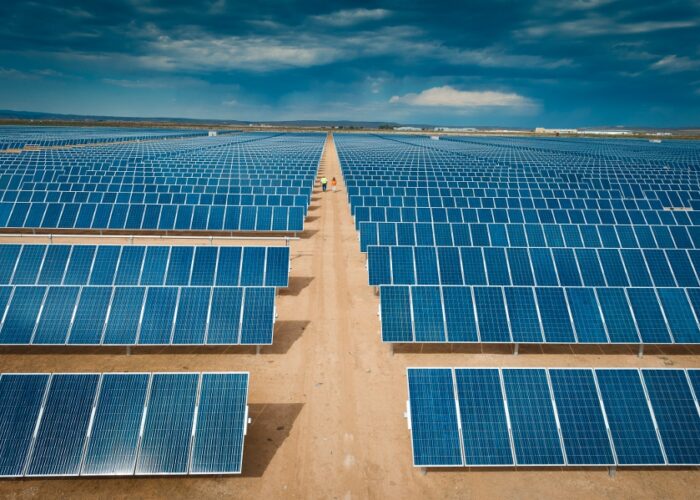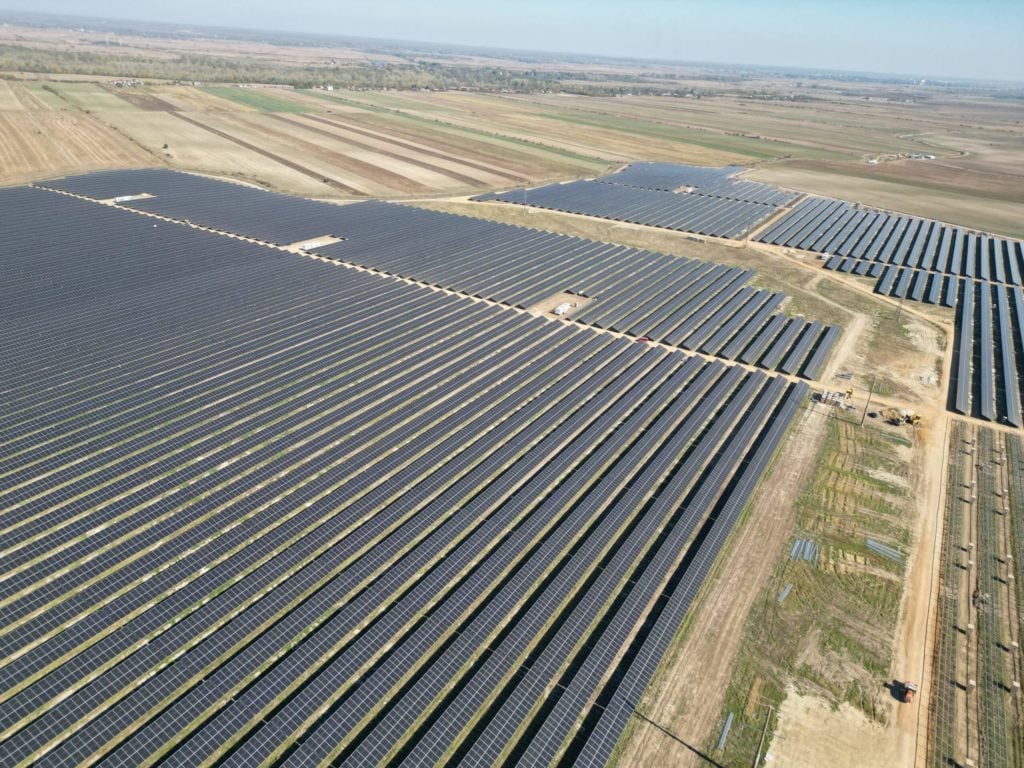
Israel-headquartered independent power producer (IPP) Econergy has announced the commercial operation of a 155MW solar project in Romania.
The company said the Ratesti solar project will begin supplying electricity to the grid in the coming weeks. Econergy claimed that the project was also the first being connected in Romania from a portfolio of projects in various stages of development and construction, totalling about 2.2GW.
Try Premium for just $1
- Full premium access for the first month at only $1
- Converts to an annual rate after 30 days unless cancelled
- Cancel anytime during the trial period
Premium Benefits
- Expert industry analysis and interviews
- Digital access to PV Tech Power journal
- Exclusive event discounts
Or get the full Premium subscription right away
Or continue reading this article for free
The Ratesti solar project is equally owned by Econergy and fellow Israeli solar company Nofar Energy, with a project construction cost of €102 million (US$111.74 million).
Last week, Econergy announced that it had closed a €60 million funding facility with Austrian bank Raiffeisen for the Ratesti solar project. The company purchased the project in November 2021, when it was at the ready-to-build stage.
The IPP also noted that the funding facility is the first such renewable power deal to have been signed without a related power purchase agreement (PPA).
Econergy also noted that it had provided engineering, procurement and construction (EPC) services to the project, and plans to manage the facility for the next ten years. It also expects the facility to generate an average annual revenue of €20.1 million for the first five years of its operation, and drive total earnings of €17.6 million.
PV Tech Premium has examined Europe’s emerging solar markets before, including Romania, Greece, and Poland. In Romania, many players turned towards power purchase agreements (PPAs) to finance solar projects, spurring the growth of solar projects in the coming years and it is unlikely to cease soon.
The Romanian government also implemented a new contracts for difference (CfD) scheme.
A CfD is a private law contract awarded through a private auction, which allows renewable generators to bid for a guaranteed revenue scheme for the duration of the contract. Once the contract is agreed, the counterparty will pay the difference between the agreed fixed strike price and a generator’s revenue. By offering investment security CfDs are used to encourage investments in renewables. The scheme is being carried out with the support of the European Bank for Reconstruction and Development (EBRD).

